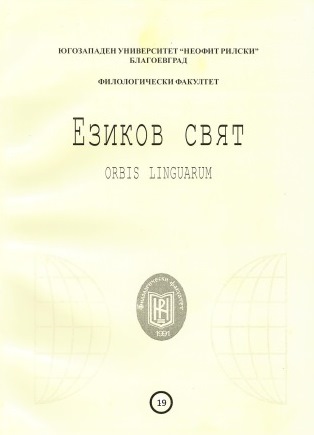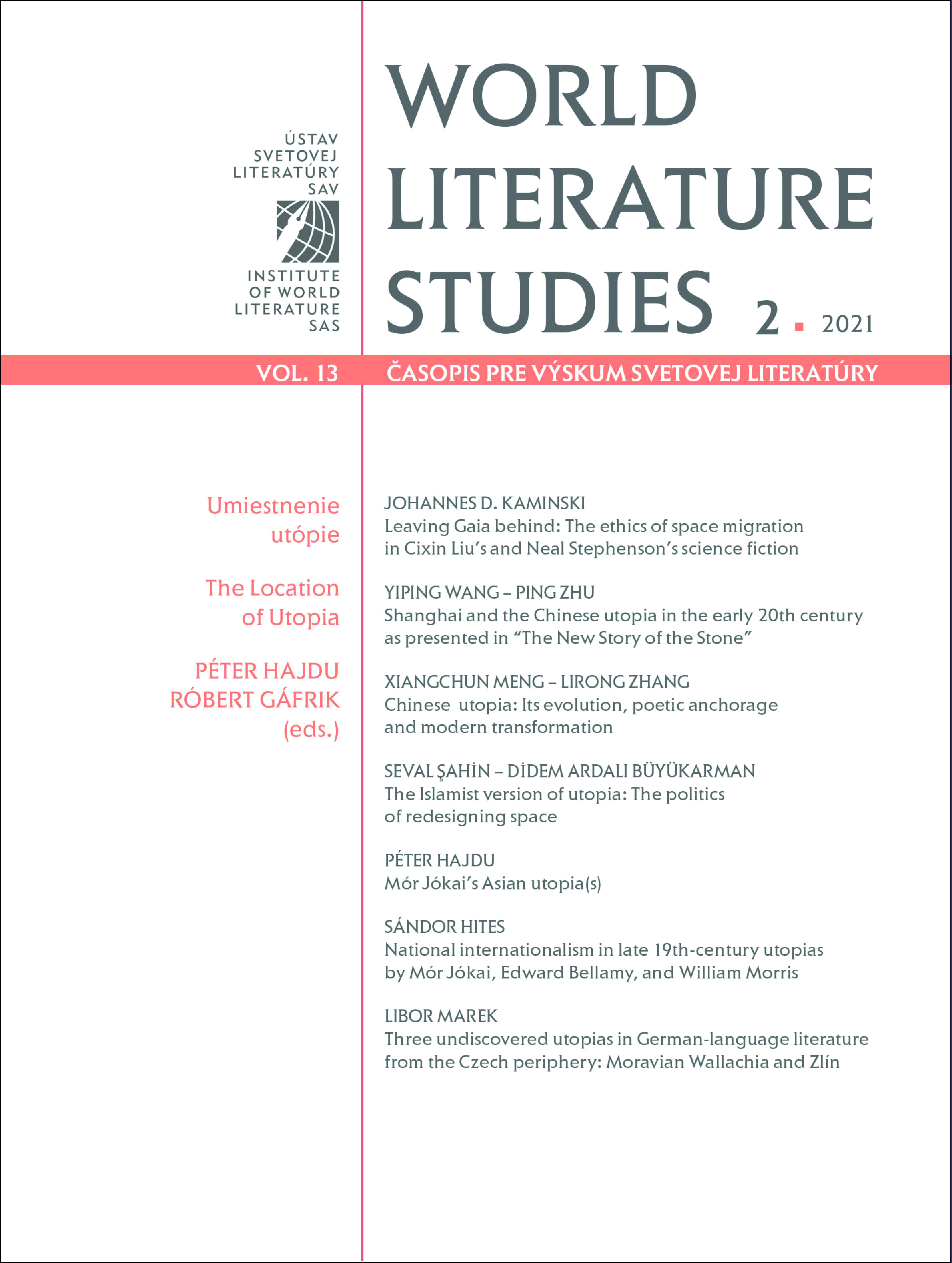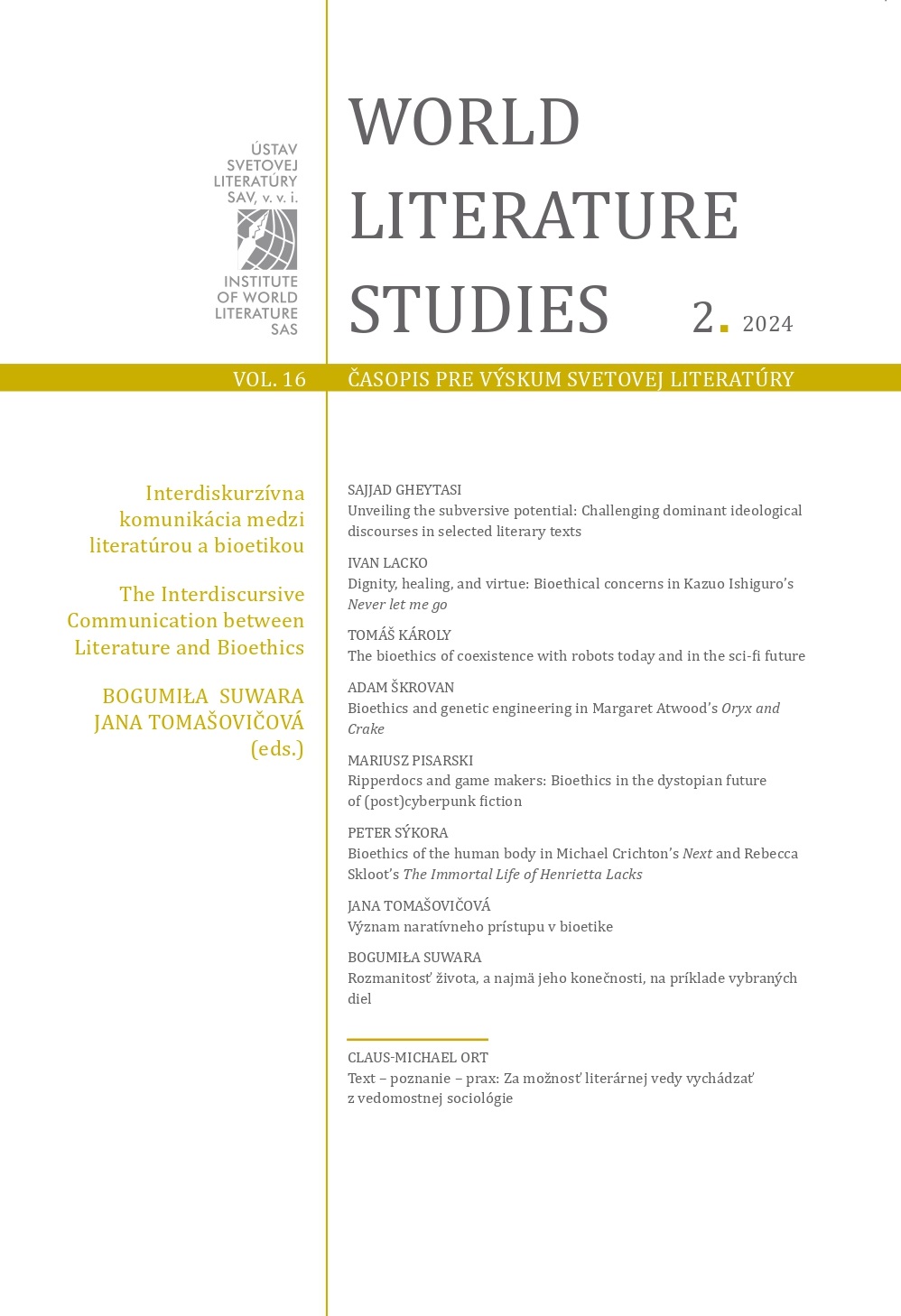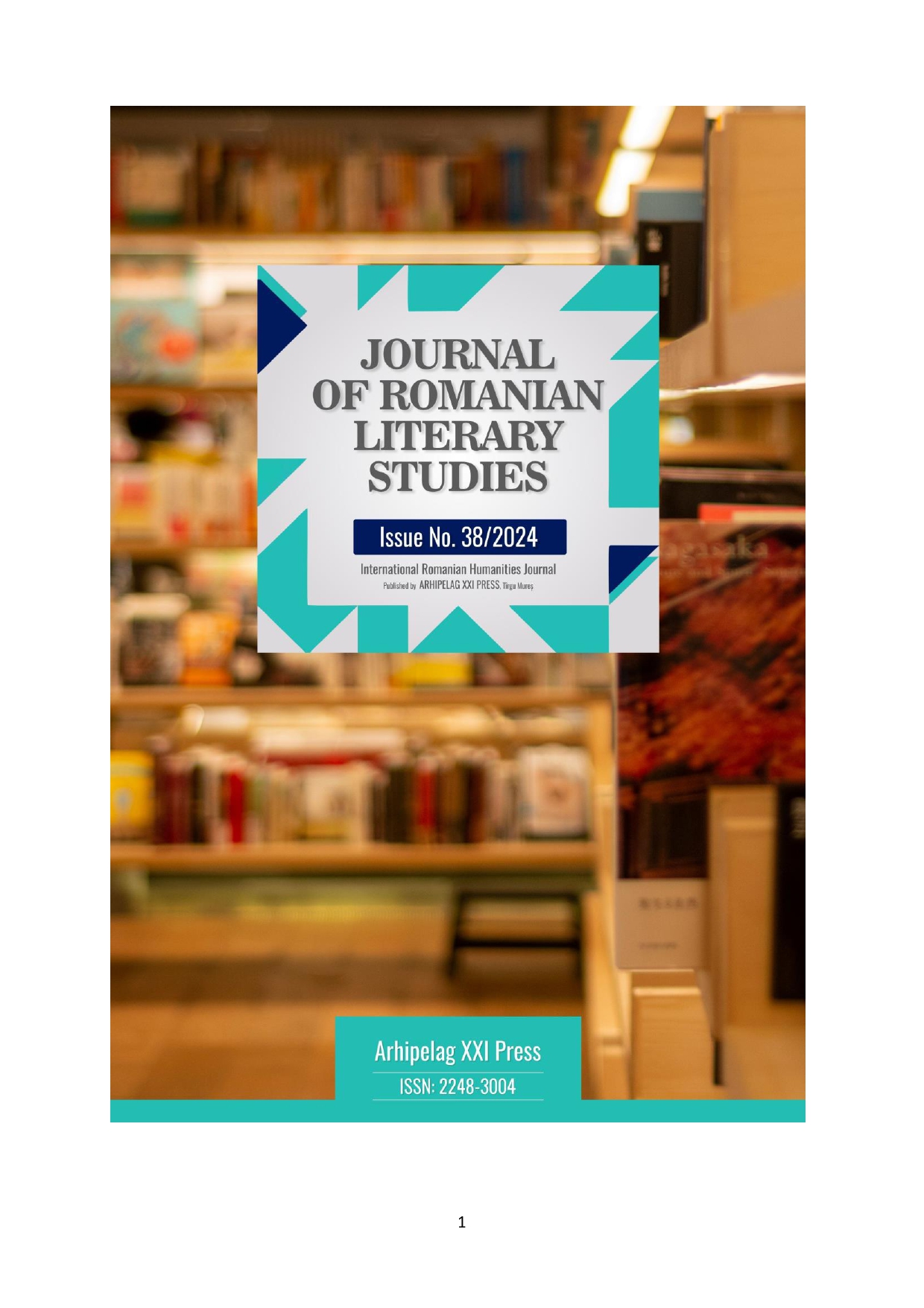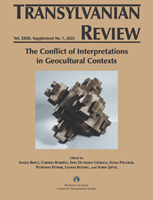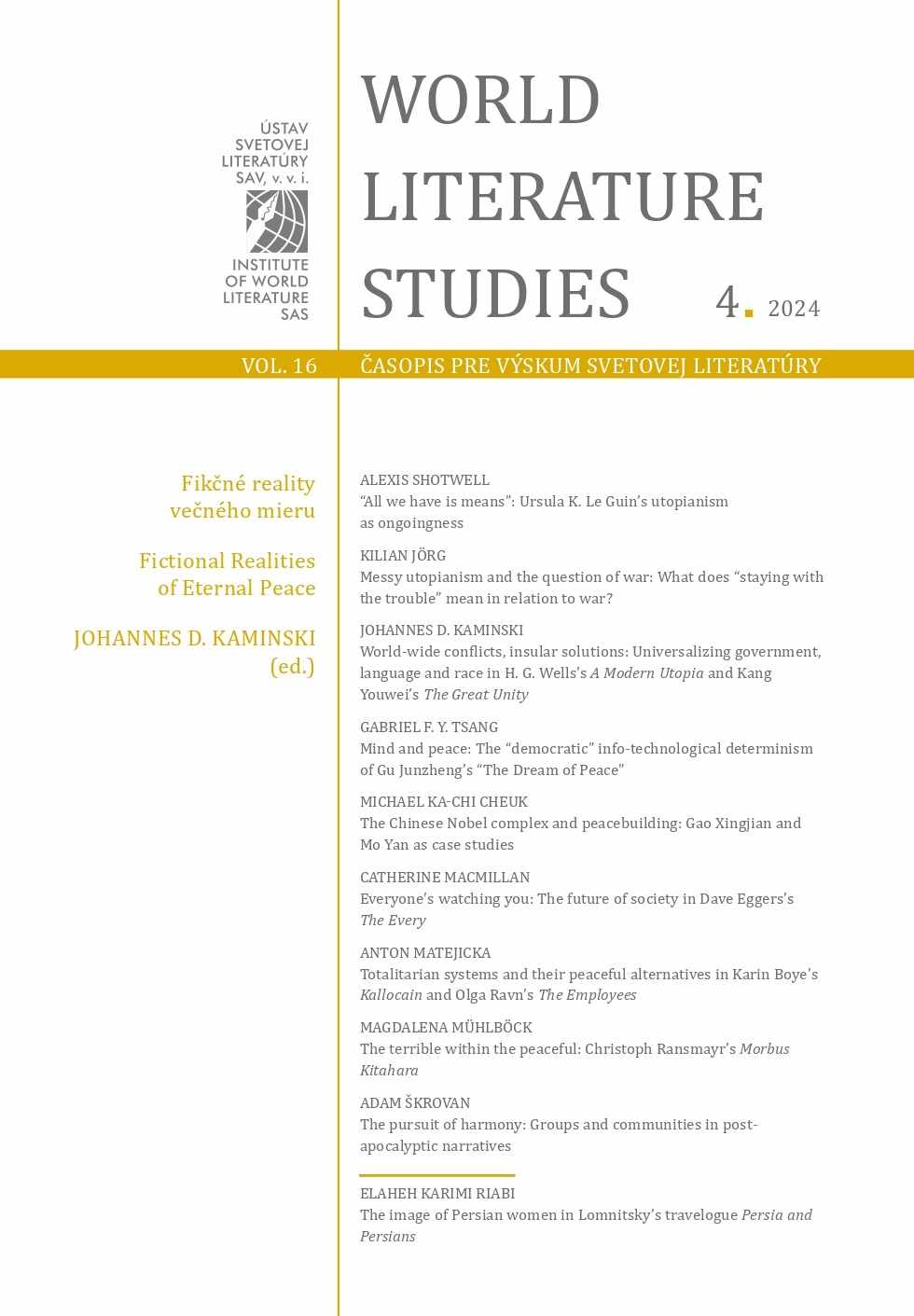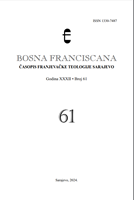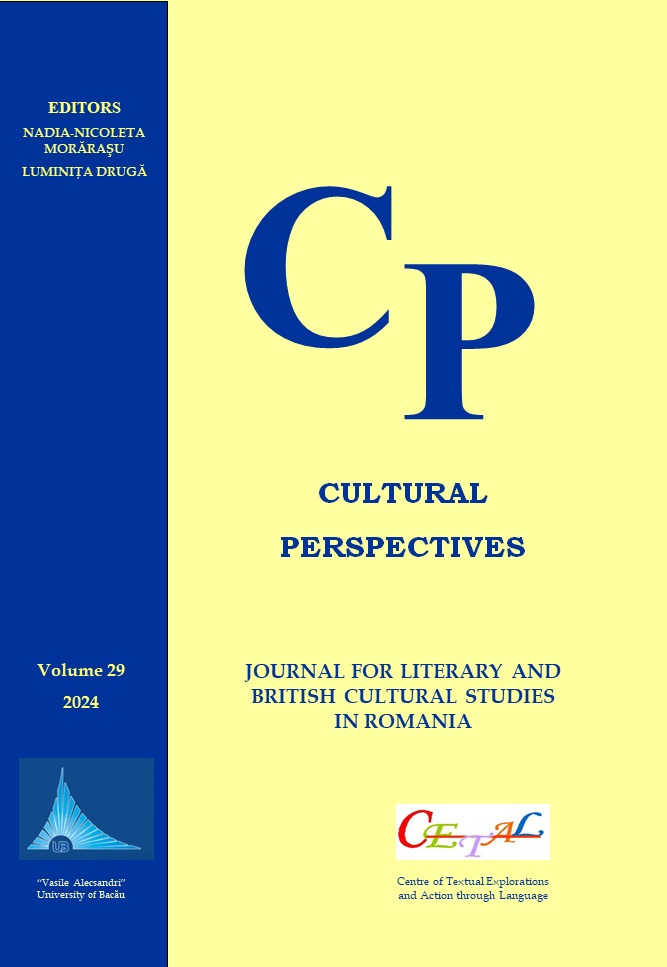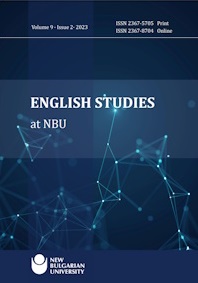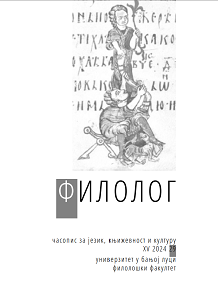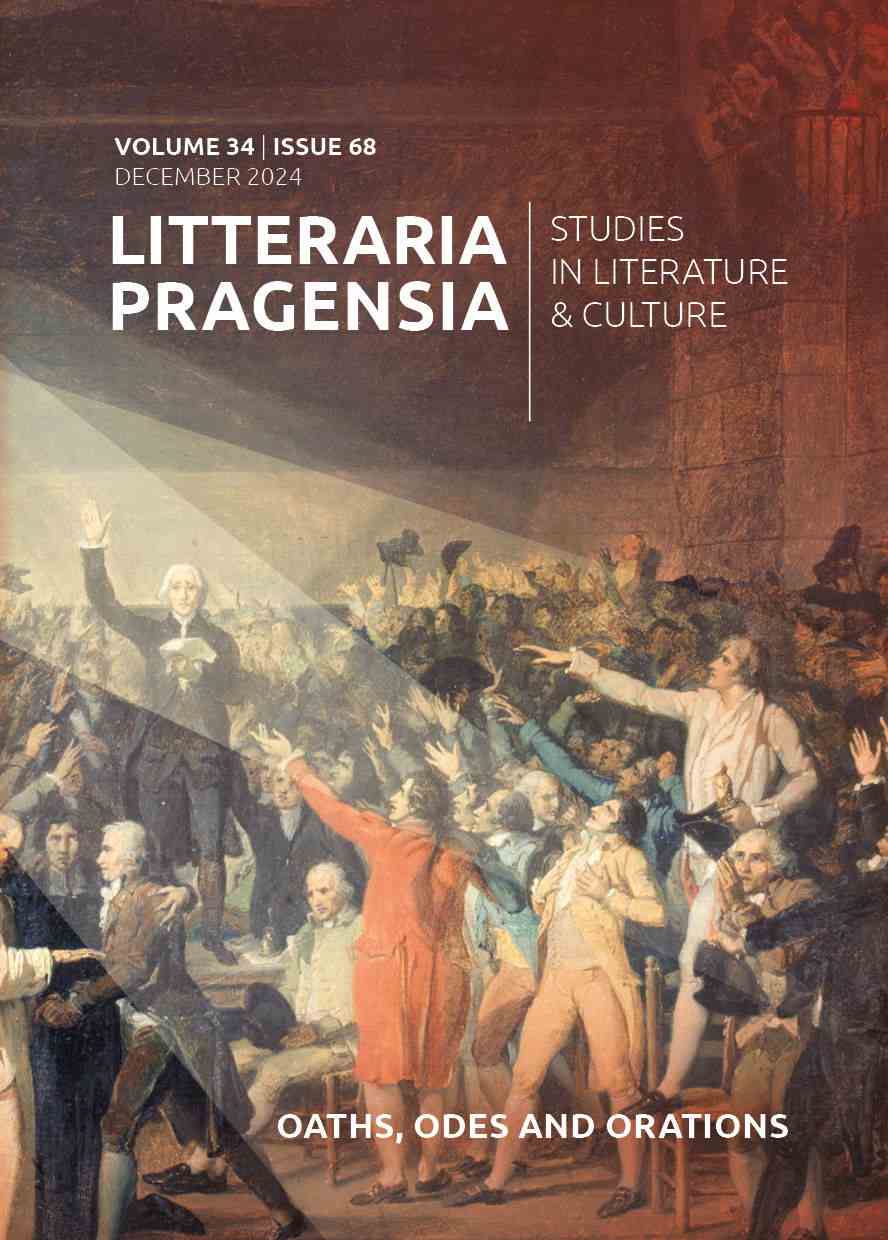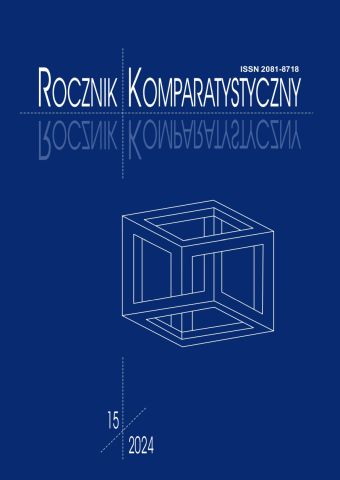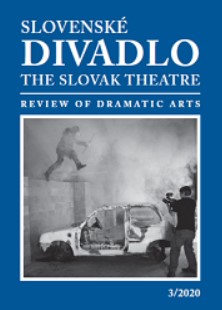
POPULISM IN CONTEMPORARY THEATRE
If the choice of plays such as Ubu Roi or Macbeth was not rare in productions denouncing dictatorship in Latin America or in some communist countries during the seventies and eighties of the 20th century, we can notice that during the last five years several classical texts have been chosen through Europe to speak about religious pressure and political hypocrisy (Tartuffe) or populist tendencies (Coriolanus). Some of them were theatre plays, some were novels (The Trial by Franz Kafka staged by Krystian Lupa), some productions strictly followed the text, others widely adapted it (The Curse by Stanisław Wyspiański, staged by Oliver Frljić). I would like to examine a few examples of these performances and question their impact on theatre and society.
More...
